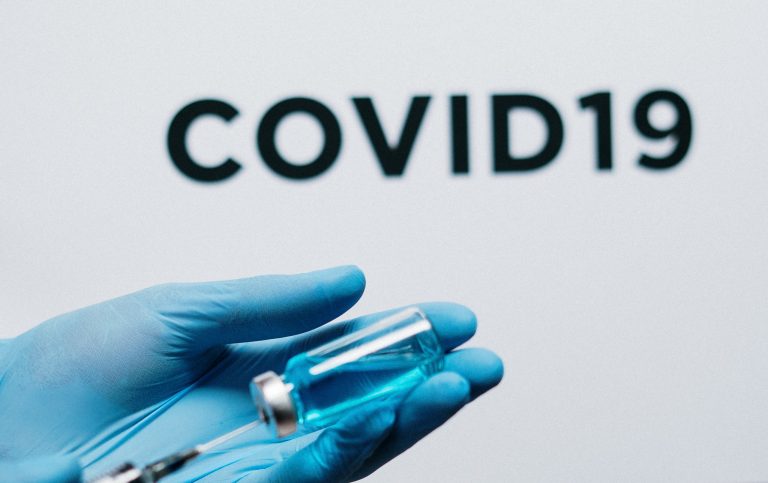Doctor Justo Aznar, of the Bioethics Observatory of the Catholic University of Valencia, offers Exaudi’s readers his article analyzing the implications that the second dose of the AstraZeneca vaccine might have.
* * *

By allowing part of the population to choose the vaccine, what ethical problems might be generated?
To separate vaccination into two groups: those that can choose their vaccine and those that cannot, poses a problem of distributive justice, because it might imply advantages for some people in relation to others. This cannot be left in the hands of citizens and their responsibility.
But can one choose a vaccine or treatment?
One must be informed to be able to choose and, when it comes to the subject of the vaccine, it is complicated to be well informed. At the end of 2020, the USA’s National Institutes commented that close to 50,000 works have been published regarding COVID — 400 every day. This accumulation of information makes it very difficult for the experts to follow what is happening.
I understand that for the general public it’s even more difficult to have adequate information from which they can make their decisions knowingly.
Requested for one of them is written consent . . .
Informed consent is a document that every day is extended, and it must be signed in the majority of interventions carried out. It’s very important because it gives correct information; however, it’s a manifestation of legal fear and the need to be covered from problems that might ensue.
What is essential in informed consent is to be well informed, which contrasts with what happens later. In the case of vaccination, to ask a patient to sign an informed consent would require having explained to him for half an hour in what the vaccine consists, in what way vaccines are differentiated, and what it implies.










